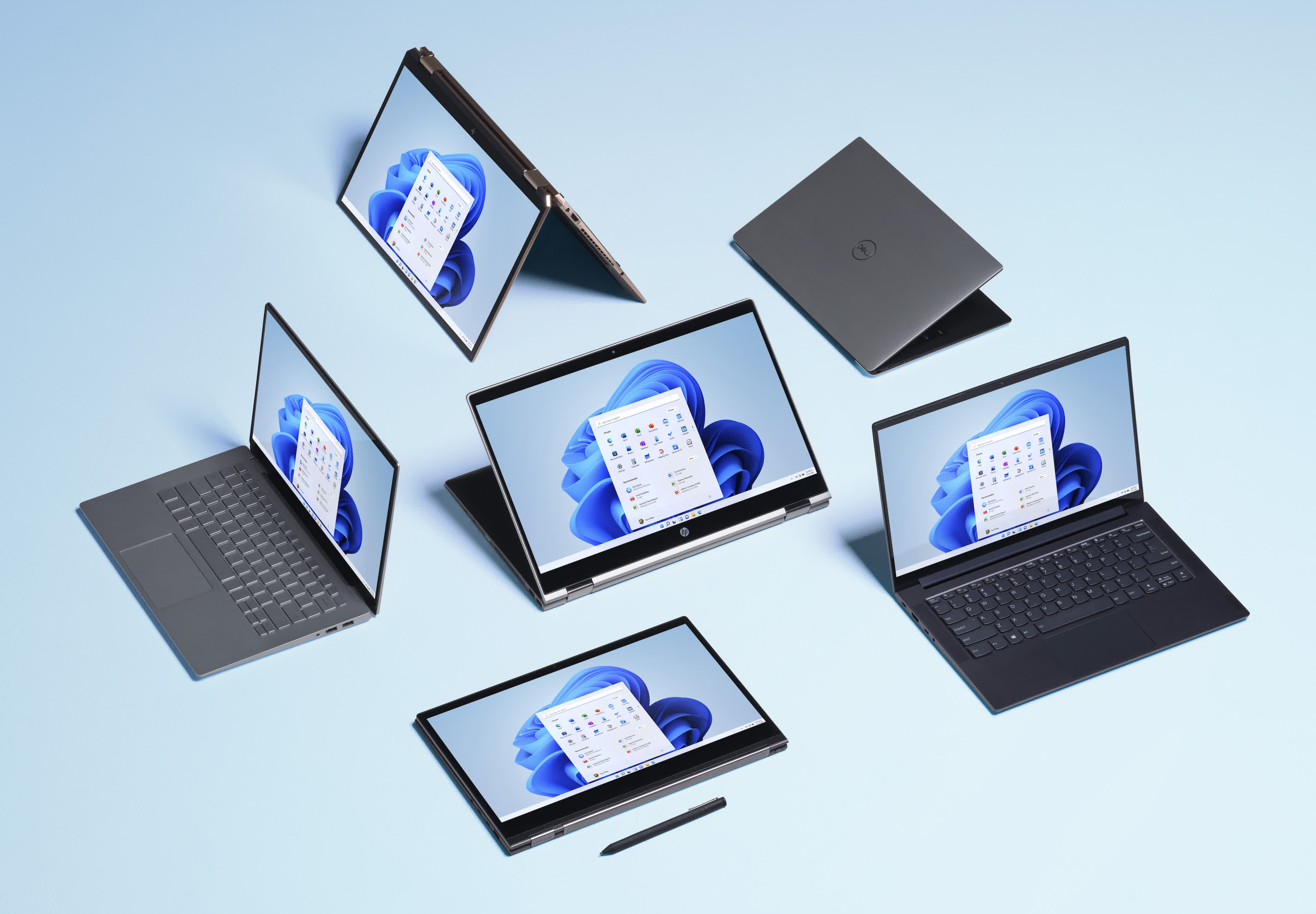In a nutshell: As Microsoft continued the staged release of Windows 11 to the public, the company's Digital Employee Experience team set to work on upgrading its own fleet of PCs. The rollout, which was completed recently, was hailed as the fastest and one of the smoothest in the company's history. However, even Microsoft had to leave a few PCs behind on Windows 10 due to hardware requirements of its latest OS.
Microsoft's Lukas Velush shared some useful insights from the company's journey of upgrading its entire PC fleet to Windows 11. During the planning phase of its deployment process, Microsoft's Update Compliance and Endpoint Manager analytics determined that a total of 190,000 PCs qualified for the upgrade.
"A percentage of our devices were not upgraded,'' said Microsoft, noting that they will remain on Windows 10 until employees receive a Windows 11 PC at their next device refresh. Adoption of the latter OS has been tricky for Windows users around the world because of strict hardware requirements, and it's interesting to see Microsoft become a victim of its own doing.
Of the qualifying devices, Redmond touted a 99 percent success rate with this upgrade, attributing it to far fewer app compatibility challenges this time around and having delivery processes and tools that had already been greatly improved during the rollout of Windows 10.

Microsoft's upgrade roadmap also gave eager employees early access to Windows 11
In its efforts to reach and prepare employees for the impending upgrade, Microsoft says it used several channels such as Yammer, FAQs, email, digital signage, Teams, and Sharepoint to communicate the new look and features of Windows 11 in order to drive employee interest and excitement.
Following testing to ensure that Windows 11 met the company's stringent security requirements, Microsoft used Windows Update for Business (WUfB) to deploy and automate the upgrade process. Employees were given a flexible schedule to upgrade, with the WUfB service managing exclusions and opt-outs, as well as rollback to Windows 10 if needed.
Microsoft called its Windows 11 upgrade a "strong success story," noting that it saw no increase in support tickets and that its broad adoption of Windows 11 made for the fastest deployment in the company's history.
